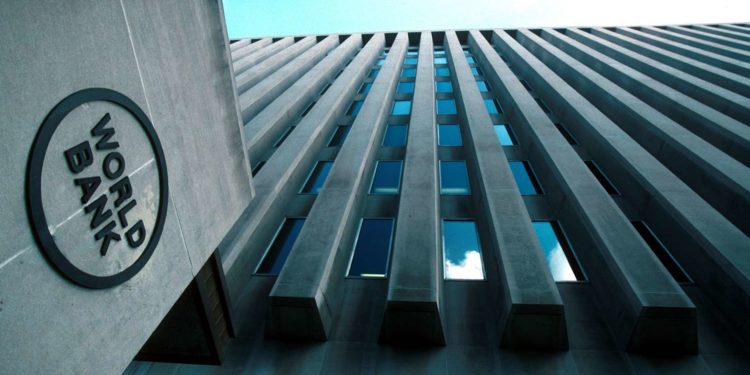The World Bank has established a deadline of late December for Tanzanian authorities to address allegations of civil rights violations associated with a USD 150.0 million natural resources project, known as the Resilient Natural Resource Management for Tourism and Growth (Regrow) Project.
The bank’s board approved the investigation on November 15, in response to a request from two anonymous Tanzanian nationals. The inquiry centers on reported violence and intimidation by park rangers employed by the Tanzania National Parks Authority (Tanapa) to forcibly evict residents near the project area.
Tanzania’s Finance Minister, Mwigulu Nchemba, acknowledged the severity of the matter, stating that the government has informed the bank of its intention to engage in dispute resolution. The World Bank’s Accountability Mechanism department has provided the Tanzanian government until December 27 to accept this dispute resolution option before proceeding with a formal investigation.
The Regrow project, slated to conclude in February 2025, aims to support the development of four national parks in Southern Tanzania, enhancing infrastructure, management systems, and providing alternative livelihoods for local communities. The World Bank’s involvement in the investigation is prompted by complaints alleging violence and intimidation by Tanapa rangers during evictions.
According to the complainants, five village communities near Ruaha National Park, part of the Regrow project, have endured two years of persecution, including cattle seizures affecting their pastoralist livelihoods. The complainants accuse Tanapa rangers of “extrajudicial killings” and the “disappearance” of locals, creating a constant sense of fear within the communities. They also assert that the World Bank, as the project sponsor, has not invoked its policies and procedures for the resettlement of indigenous people in project areas.
The investigation follows a report by the US-based think tank, The Oakland Institute, submitted in September, condemning the World Bank’s role in the alleged improprieties of the project. The World Bank’s decision for a full investigation aligns with the recommendation of an inspection panel that visited Tanzania in August to assess the initial request’s eligibility.
The inquiry will scrutinize whether risks to communities were identified in project preparation documents and if appropriate mitigation measures were implemented. Additionally, it will include a due diligence review of Tanapa’s role as a lead implementing agency and the World Bank’s supervision of Tanapa’s project handling.
While the investigation focuses on potential non-compliance with World Bank policies, the panel clarified that it would not consider other parties mentioned in the request for inspection. The World Bank’s actions and omissions will be the central focus, examining adherence to the Bank’s Policy on Environmental Assessment and Investment Project Financing policy.
The Oakland Institute criticized the World Bank, alleging that the institution deflected blame and failed to take responsibility and action upon learning of violations of its own safeguards. The investigation aims to shed light on the reported violations and ensure accountability in the Regrow project.


















